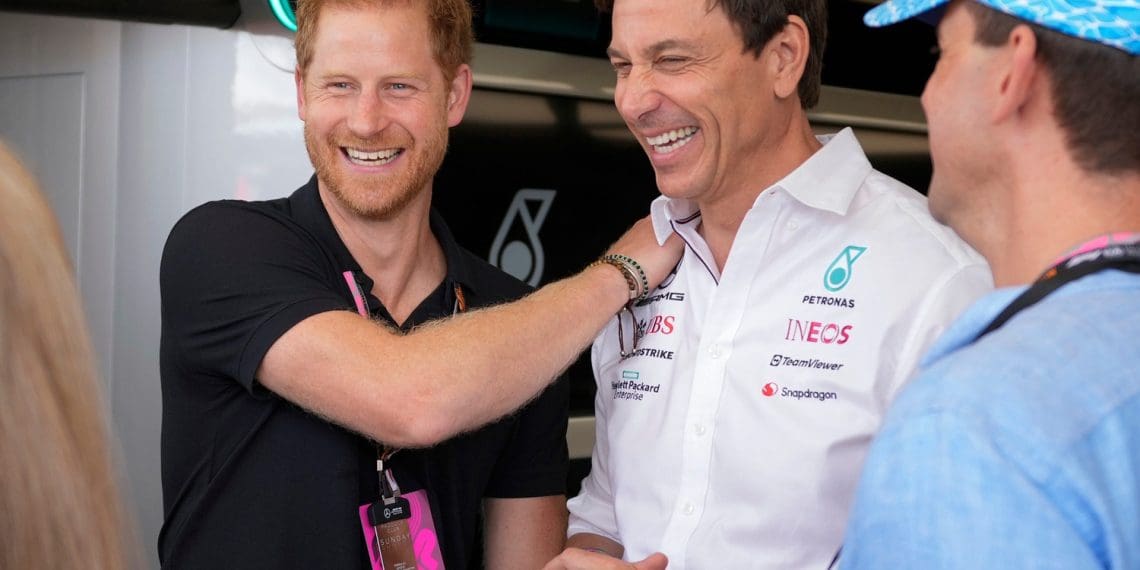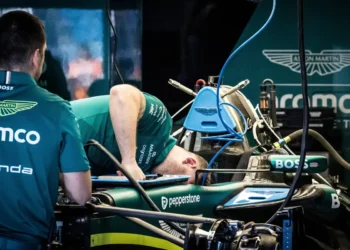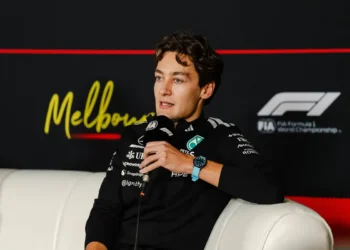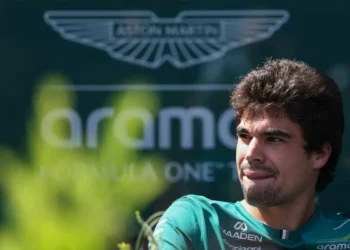The 2024 Formula 1 season has been a rollercoaster ride for Mercedes, as the team continues to grapple with the complexities of ground-effect cars in the third season under the current regulations. Despite some flashes of brilliance, including three race wins (Austria, Britain, and Belgium), the Silver Arrows have struggled to maintain consistency, a fact that is becoming increasingly frustrating for team boss Toto Wolff.
The W15, Mercedes’ latest machine, has proven to be as unpredictable as it is fast. Entering the summer break on a high, Mercedes seemed poised to capitalize on its momentum. Yet, as the season resumed, the team’s fortunes quickly nosedived, exposing the fragile nature of their setup. Speaking to Motorsport.com, Wolff admitted his team’s ongoing challenges, confessing, “This variance in performance from race to race, or over a few races, is very difficult to compute. What looks like an unchanged car can go from race-winning to P6.”
Wolff’s remarks highlighted the frustrating reality that Mercedes faces: an inability to pinpoint the factors influencing their car’s performance. While McLaren seems to have found a steady baseline setup that works across different tracks and conditions, other top teams, including Mercedes, fluctuate wildly. “The only team that is not a victim of that is McLaren, who I think have such a solid baseline and a less narrow window than all of us, that they’re able to keep the performance stable,” Wolff explained. “All of the others bounce between exuberance and depression.”
Before the summer, Mercedes appeared to be leading the pack, but the narrative has flipped. Ferrari has surged back, while Mercedes finds itself struggling for answers. The intricate relationship between downforce, track conditions, tyre behavior, and driver feedback has proven a complex puzzle. “More downforce doesn’t always translate into better lap time,” Wolff conceded. “It’s the interaction between track, temperatures, tyres, balance, aerodynamics, and driver impulse—so many variables—that if you get all your ducks in one line, you are fast.”
The reality check for Mercedes is clear: the team’s inconsistencies have led to a disappointing position in the constructors’ championship. Currently fourth, Mercedes trails Ferrari by 112 points, with the Prancing Horse chasing Red Bull in second, who themselves are 34 points adrift of McLaren, the leaders. Despite their struggles, Wolff insists Mercedes won’t abandon development on the current regulations, even with the major overhaul planned for 2026.
“This is the crux of the matter every year, and especially if you have such a big regulatory change—are you going to compromise one year or the other?” Wolff mused, referencing Niki Lauda’s winning philosophy: “Would you rather win this one or the next one? And he says, ‘Both.’”
Wolff’s commitment is clear: Mercedes will continue to push the W15’s development through the end of the current regulations in 2025. He dismissed any notion of abandoning ship early to focus exclusively on 2026, emphasizing that his team remains committed to fighting for victories and podiums. “Nobody’s going to switch the machines off in January, unless you are really nowhere. But there is nothing to gain, because between P10 and P7 doesn’t make a difference for us anyway,” he asserted. “We are fighting for victories and podiums, and cannot write it off.”
As the 2024 season progresses, Mercedes remains in a battle not only with rival teams but also with the enigma of their own car. With fierce competition from McLaren, Red Bull, and Ferrari, Wolff and his engineers are racing against time to decode the elusive elements that could propel them back to the top. Until then, Mercedes fans will have to brace for the highs and lows that have become the hallmark of the team’s turbulent season.










